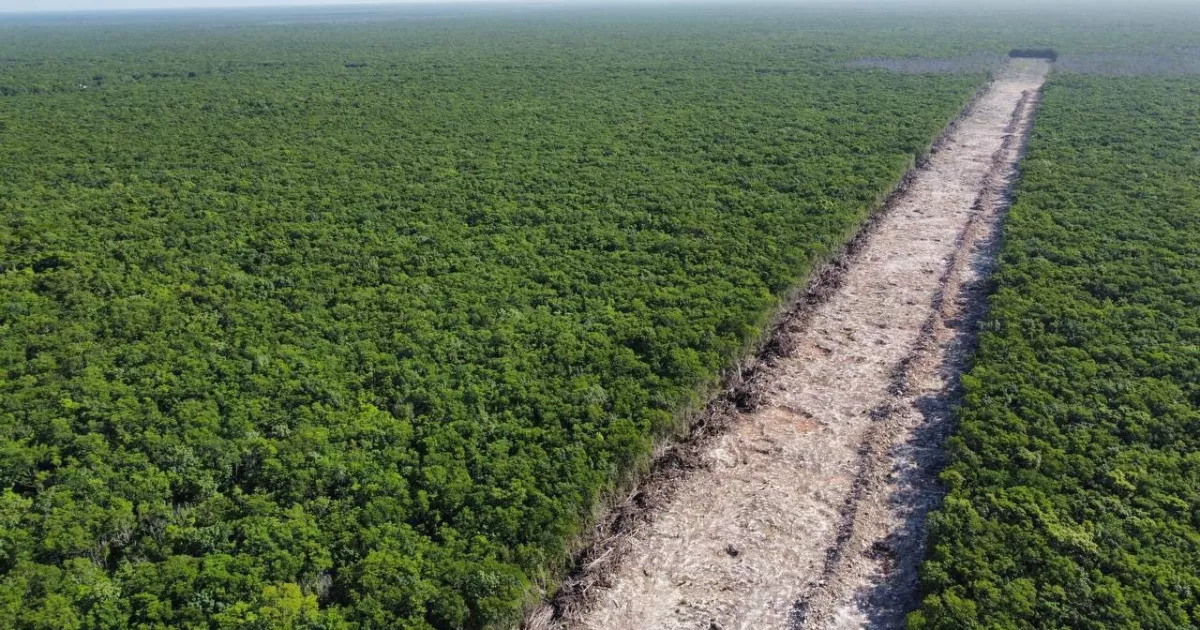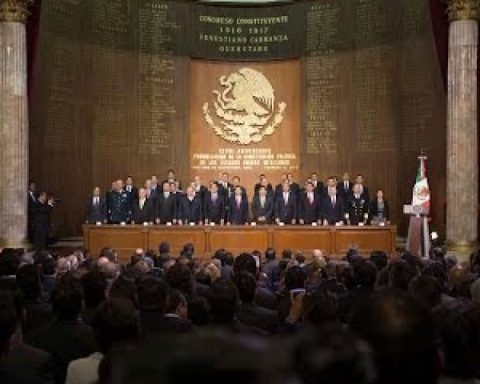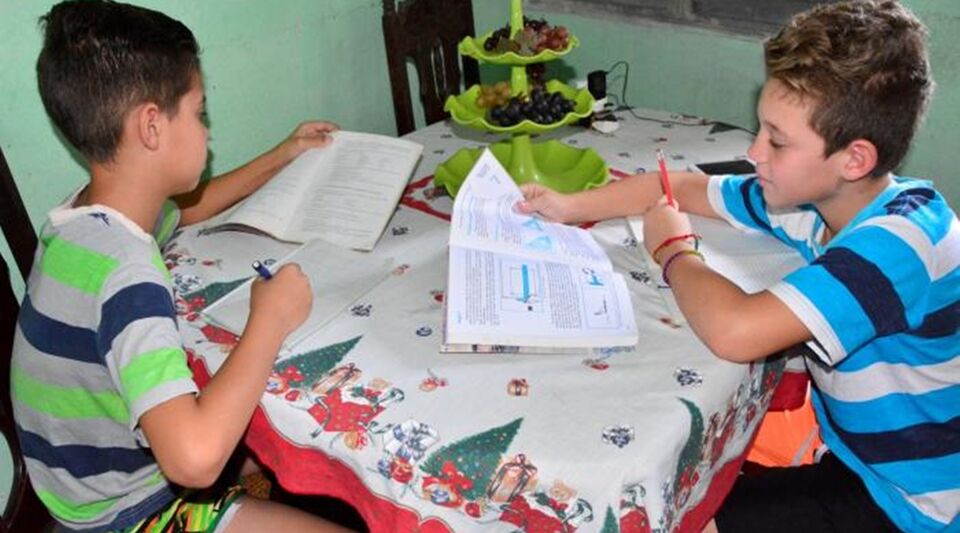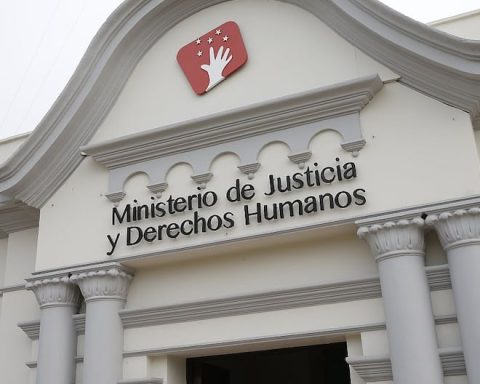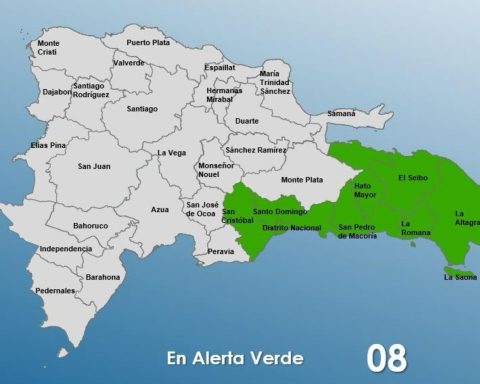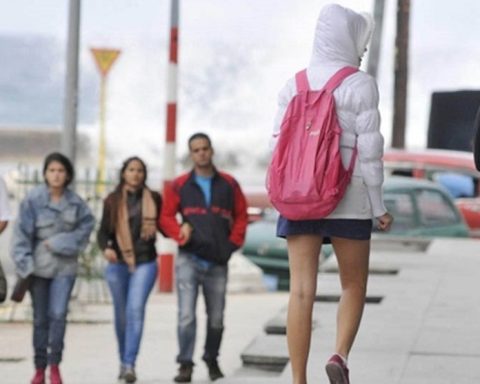UN experts expressed their concern this week about the 1,500-kilometer Mayan Train project in the Yucatan peninsula, as it could “endanger” the rights of indigenous peoples and other communities to land and natural resources, the rights cultural rights and the right to a healthy and sustainable environment.
Human rights defenders who raise concerns about the negative impacts face threats and attacks and very limited safe access to an independent and impartial tribunal, the experts said.
The Mayan Train, which will cover five entities, is the most emblematic work of the six-year term of President Andrés Manuel López Obrador.
“As a state-led project, the Mexican government should take additional steps to ensure respect for human rights and the environment,” the UN experts said.
They explained that the government has elevated the project to the category of national security project, which allows it to repeal the application of environmental and social safeguards.
“This change in status of the state-directed project does not allow Mexico to evade its international obligation to respect, protect and fulfill the human rights of the people affected by this megaproject and to protect the environment in accordance with international standards,” they explained. .
“This decision not only has the potential to allow human rights abuses to go unaddressed, but also undermines the purpose of the project to bring inclusive and sustainable social and economic development to the five Mexican states involved. In this context, the increasing involvement of the army in the construction and management of the project is also of great concern,” said Fernanda Hopenhaym, Chair of the UN Working Group on Business and Human Rights.
They called on the government to ensure the meaningful participation of affected communities and transparency in human rights and environmental impact assessments in advance of any future decisions related to the project, as key elements in identifying, preventing and addressing any further negative impacts.
“The free, prior and informed consent of indigenous peoples must be respected and the actual and potential cumulative impacts of projects must be transparently assessed, in accordance with international human rights and environmental standards,” the experts said.
UN members have expressed concern about the lack of human rights due diligence by the companies involved in the project, the cost of which is estimated at $20 billion.
“Relevant companies and investors domiciled in Spain, the United States and China cannot turn a blind eye to the serious human rights problems related to the Mayan Train project,” they pointed out.
They urged companies and investors to take appropriate steps and exert their influence to ensure that human rights due diligence processes are carried out in accordance with the UN Guiding Principles on Business and Human Rights. Humans.
